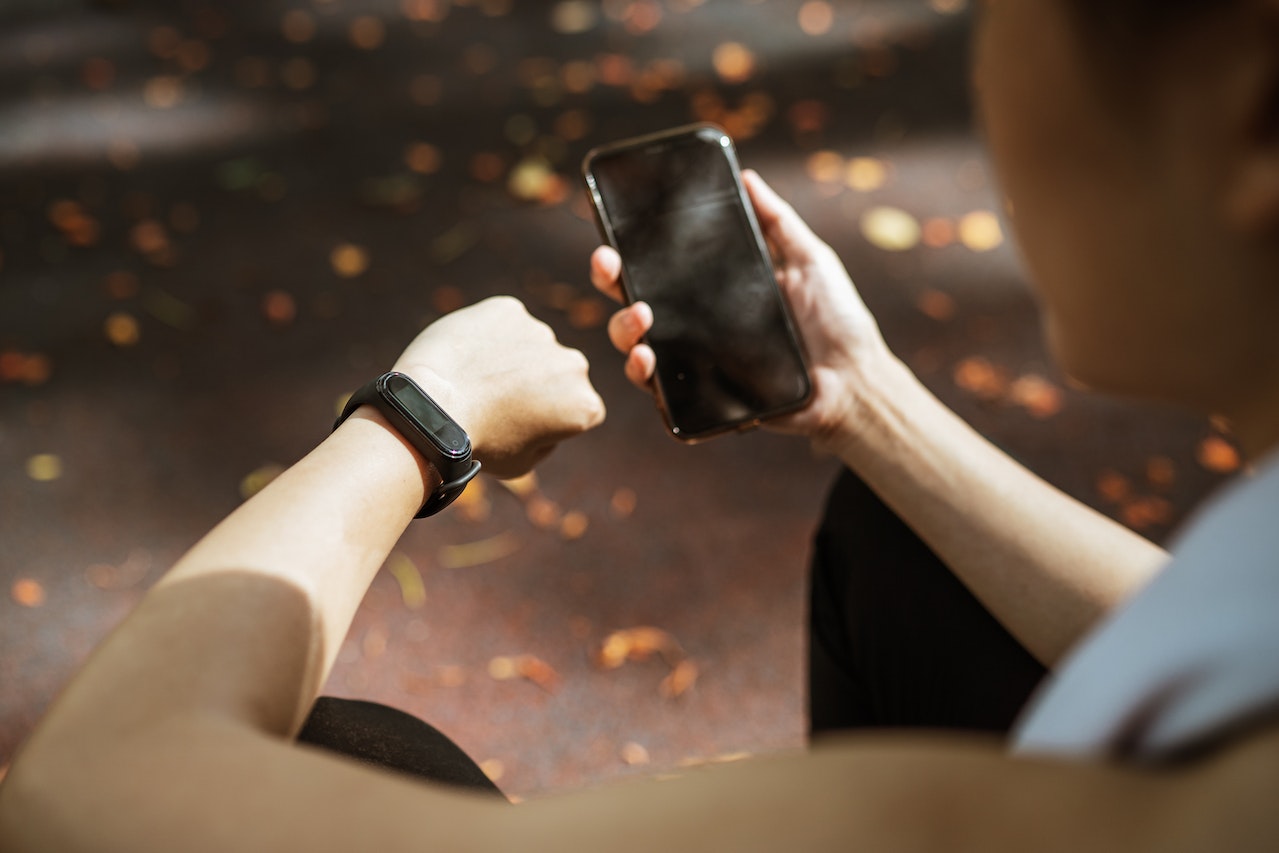
Over the last 10 years, we’ve seen a large spike in the development and popularity of fitness-tracking devices. These devices are intended to track health-related data such as steps taken, distance traveled, calories burned, heart rate, sleep times and qualities, and more.
In today’s society, you cannot ignore the fact that fitness tracking devices are continuing to become more and more popular. They equate up to a $17 Billion industry in 2020 in North America alone, and are projected to become more than double that by 2028!
So, the hype is certainly real. But…
Are these devices really helping us become more fit? Or are we just obsessing over data regarding our health and fitness that may not necessarily even be accurate?
Current and projected future obesity rates are still on an upward climb. Now, there are many other factors behind why that may be. However, fitness tracking devices’ purpose is not to “decrease obesity rates”, but the tracking device industry is only climbing synergistic to obesity rates. And that is intriguing.
Are we just becoming overly obsessive with data from our watches or are we actually doing something about our fitness levels?
Fitness-tracking devices can bring awareness to certain areas of one’s health or fitness but should be used as just that. People often utilize them as a form of motivation to exercise or be health-conscious and that can bring positive change in someone. But it can also bring obsessive thoughts and behaviors for others.
It’s important to have – as with anything else – a healthy relationship with the device and its usage.
These devices have individuals who will be enjoying a movie with their family or resting with a loved one – who get a ‘buzz’ from their watch that encourages movement… And they will go do jumping jacks for 10 seconds to ‘get their activity in for the day”.
Why can’t we have that physical activity built into our day or routine without the need to break up crucial times just to get some movement in because our watch said so?
That’s what seems silly. And if you’re reading this, I am sure you’ve experienced this! Someone in your circle of friends or in your family has mentioned this at least once while you were hanging out with them, I guarantee it. We should be purposeful with our physical activity levels.
What is 10 seconds of jumping jacks in between drinking 5 vodka cranberries really going to do? Aside from generating an obsessive behavior, which is completely counterintuitive to this thing we call “health”!
Another major issue these tracking devices bring is the calorie-burning information they collect.
Now, there’s nothing inherently wrong with that, but it’s the unknown of the individual wearing them thinking they should eat back those calories.
The same goes for the ‘calories burned” on cardio machines at the gym. A lot of fitness-goers believe they should “eat back” the calories burned from those cardio sessions because the device says they burned a certain amount.
Firstly, these numbers aren’t going to be fully accurate as the machine doesn’t know your gender, height, weight, metabolism, etc. So eating back those calories just wouldn’t make sense.
If/when attempting to lose weight and using cardio machines or fitness-tracking devices as a tool in the process, cardio durations and frequencies should be what you measure for optimal results in conjunction with proper nutrition.
There will be a lot more consistency and less variability in actual calories burned this way, and you won’t find yourself eating back calories from the cardio session since you won’t be paying attention to the calories “burned”. You will likely find yourself spinning your wheels if you’re always looking at how many calories your watch shows you burned in a cardio session, day, week, etc.
There can be good that comes from the use of these devices too.
You can gain helpful information about your sleep that you otherwise wouldn’t necessarily know. Such as how much light, deep, and REM sleep you get. As well as nighttime movement and times at which you fall asleep and awake.
These devices can also benefit you by telling you your estimated heart rate – which can be a powerful tool to have when performing different types of cardio or activity. Even the step counter can be helpful for those who want to be more aware of their steps/activity during certain phases or times.
But as with anything, it’s important to remember to have a healthy relationship with these devices and not let them rule you or your life.
Don’t rely on them or obsess over them. You’re not living for the watch, you’re living for yourself and your own health.
If you’re only gaining motivation to exercise and be health-conscious because your watch buzzes you to do so, there needs to be a self-discussion that dives into why that is. Find methods of exercise and ways of maintaining a healthy body and mind that you can continue to do for the rest of the time because you ENJOY them. Don’t get too caught up in expensive devices because it’s what everyone else is doing to “stay on track”.
If a device provides you with more data that you can utilize as an effective tool for progress, then use it! But if it leads to obsessive behaviors or if you find yourself living through your watch’s demands, it’s time to say goodbye.



